Is Israel’s Reluctance to Prosecute Suspected Criminals an Opportunity?
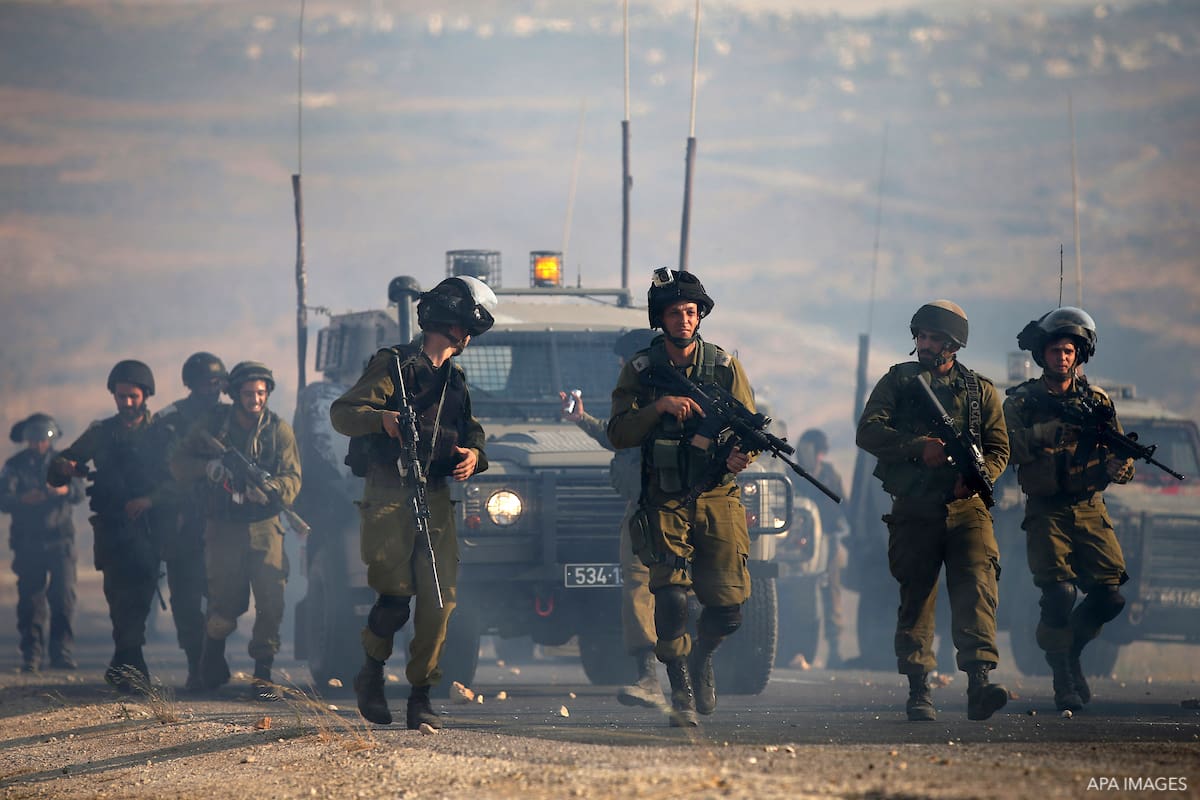
Reports that Israel is compiling lists of officials who might be arrested during travel abroad if the International Criminal Court decides to investigate war crimes in Palestine highlight the power and potential of the Court. Al-Shabaka policy analysts 24398 and 24378 discuss three key indicators that support the strong possibility of ICC intervention against alleged war criminals.
Collective Punishment: Israel’s Strategy to Subdue Palestinian Resistance
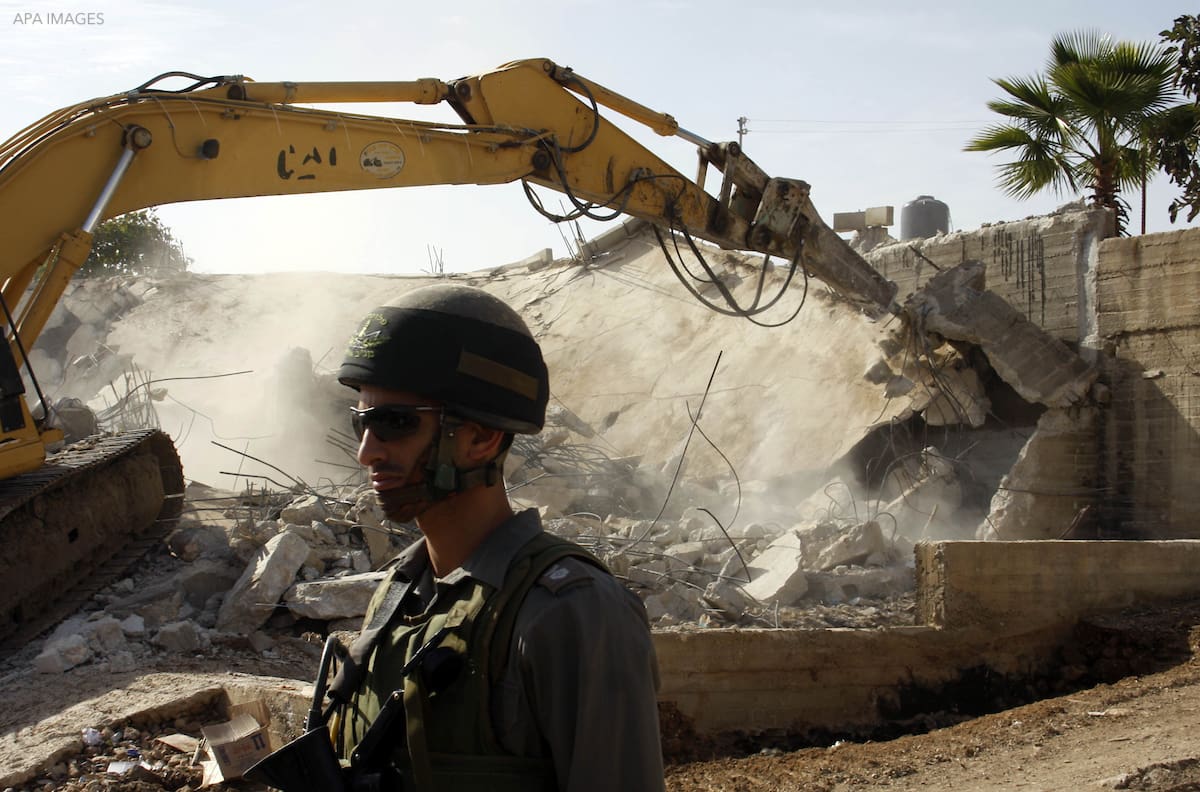
From home demolitions to the Gaza blockade to the withholding of Palestinian bodies, Israel wields collective punishment tactics to subjugate and suppress the Palestinian population. In this policy lab, Al-Shabaka analysts 24498 and Issam Younis join host Nur Arafeh to discuss the toll of this strategy on the Palestinian people and how it fits into Israel’s broader system of apartheid.
Reclaiming The PLO, Re-Engaging Youth
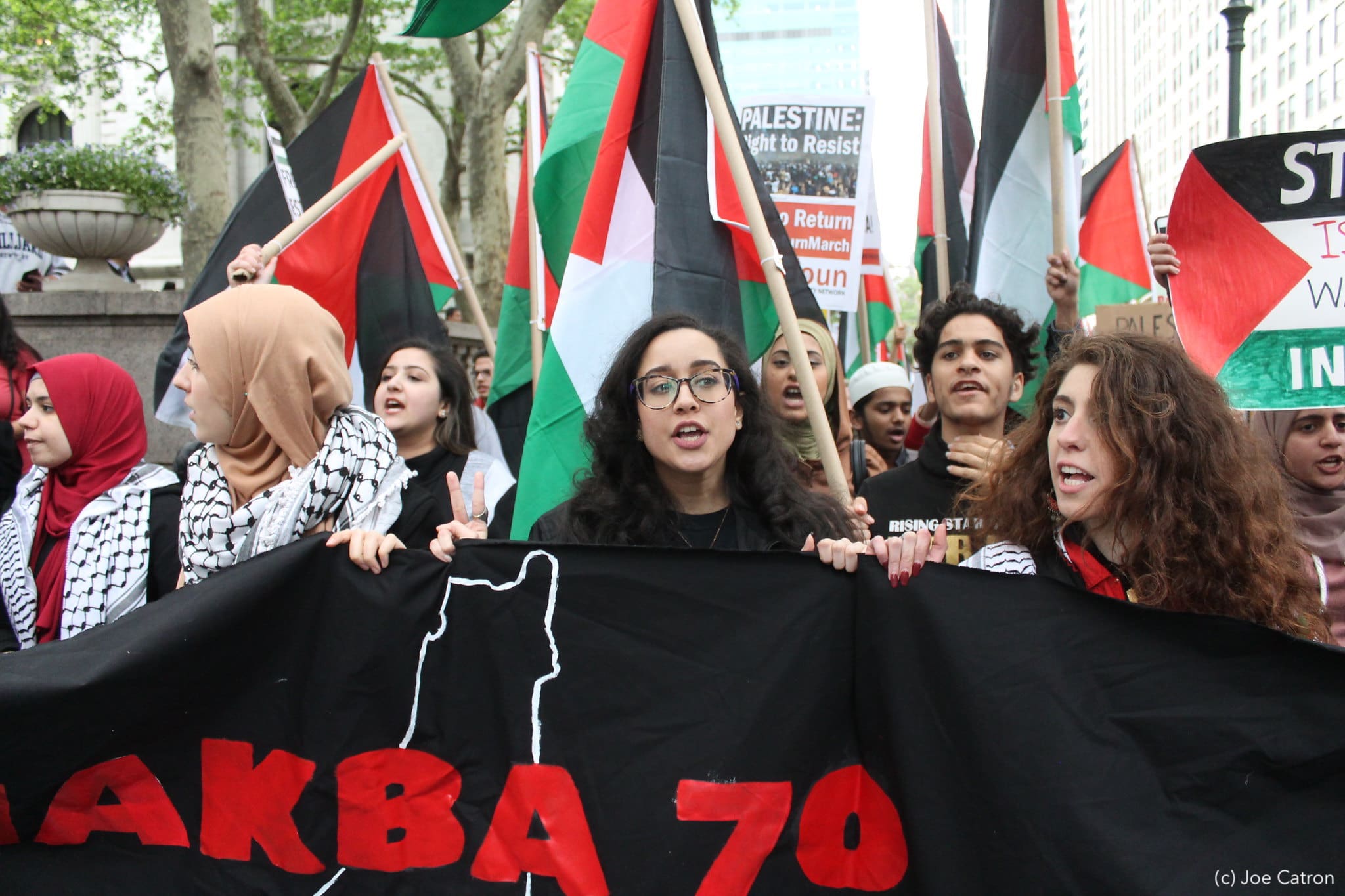
How can the PLO maintain accountability as both a national liberation movement and governing body? How might Hamas and Islamic Jihad be integrated after decades of exclusion? What models of Palestinian youth leadership can be further developed? Al-Shabaka analysts address these and other questions in this full-length report, a year-long exercise facilitated by Alaa Tartir […]
Beyond Failed Frameworks: A Re-Imagined Collective Future
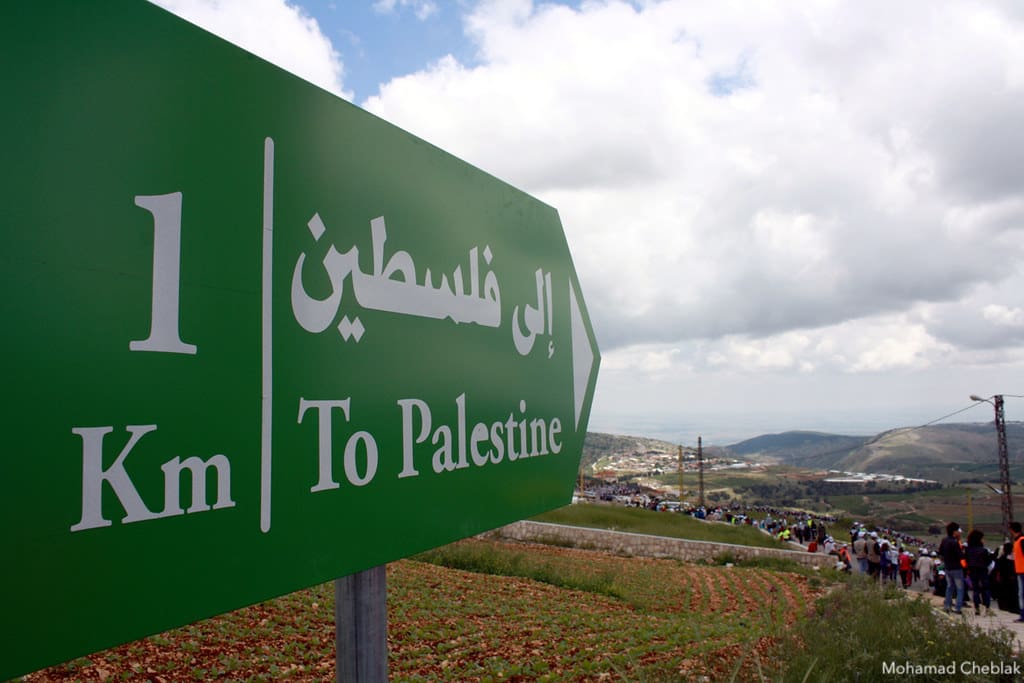
At a time of paralysis due to the pandemic and multiple Israeli violations of Palestinian rights, it is more urgent than ever for the Palestinian people to move beyond the sterile vision of a “feasible” future. Al-Shabaka Senior Policy Fellow 24588 reviews efforts to break through imposed limits and envision a revolutionary consensus.
Reflections on Palestinian Leaderships Past
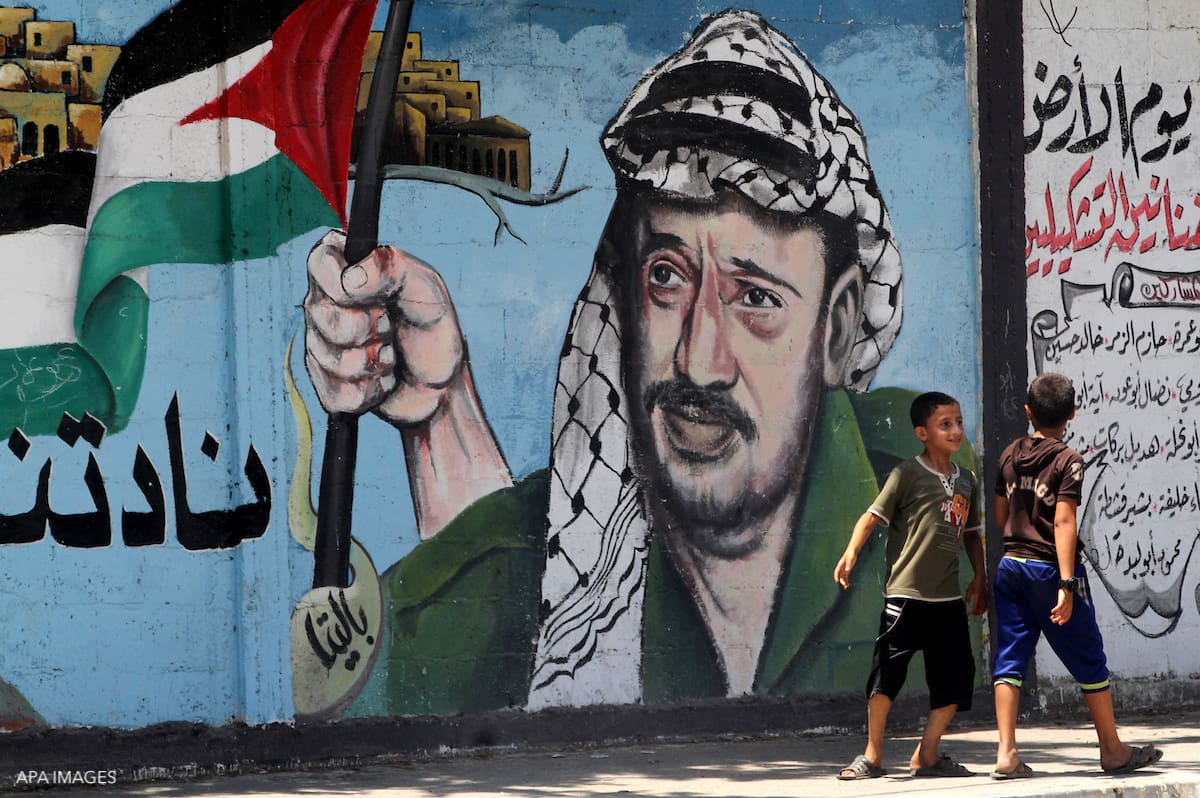
The PLO has been hollowed out by the creation of the PA, which itself is on the brink as Israeli annexation looms. What features of Palestinian leadership contributed to this near-terminal state? Al-Shabaka Policy Analyst Jamil Hilal’s sweeping review of the past 100 years identifies critical elements such as strategic thinking, unity, and access to information that went missing during key periods.
Israeli Annexation: Precedents, Ramifications, and Resistance
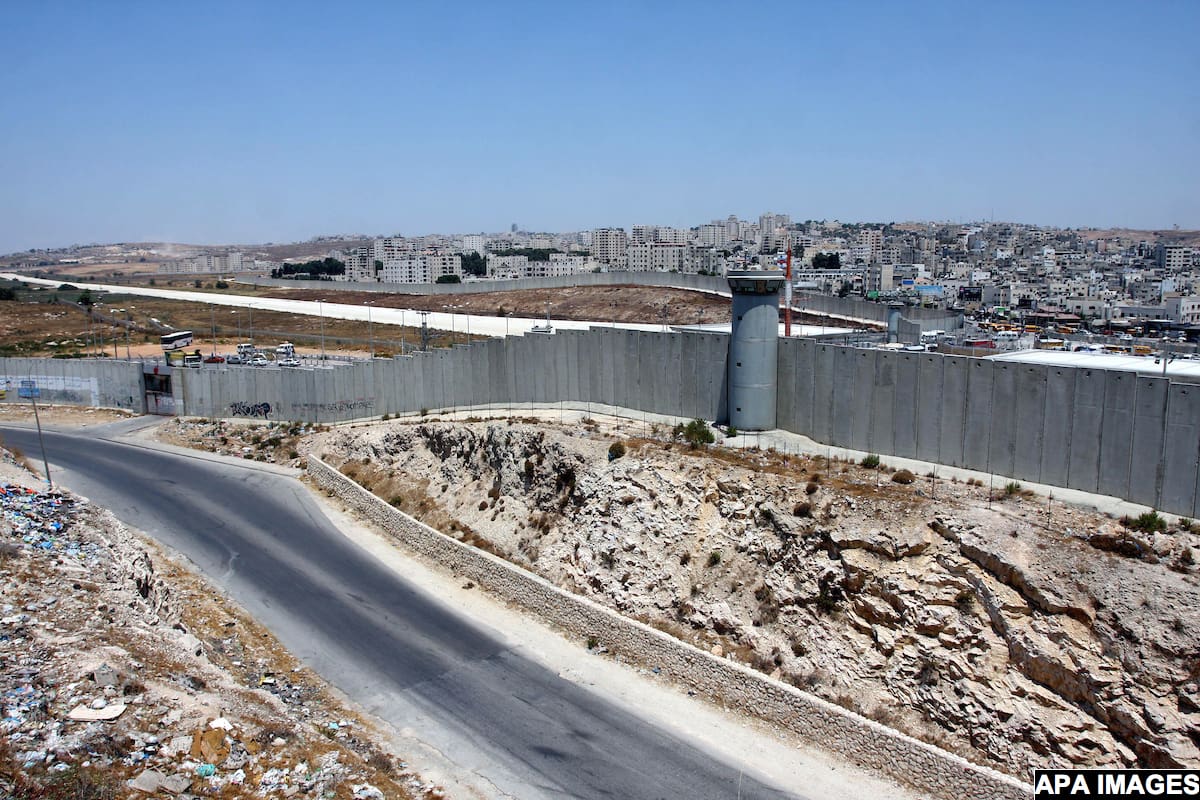
Netanyahu has pledged to begin annexing parts of the West Bank as soon as next month. What are the implications of such a move, and what can be learned from Israel’s previous annexations of Jerusalem and the Golan Heights? In this policy lab, Yara Hawari and Rania Muhareb weigh in on what annexation means, its […]
Trump’s “Deal” for Palestinians: Repercussions and Responses
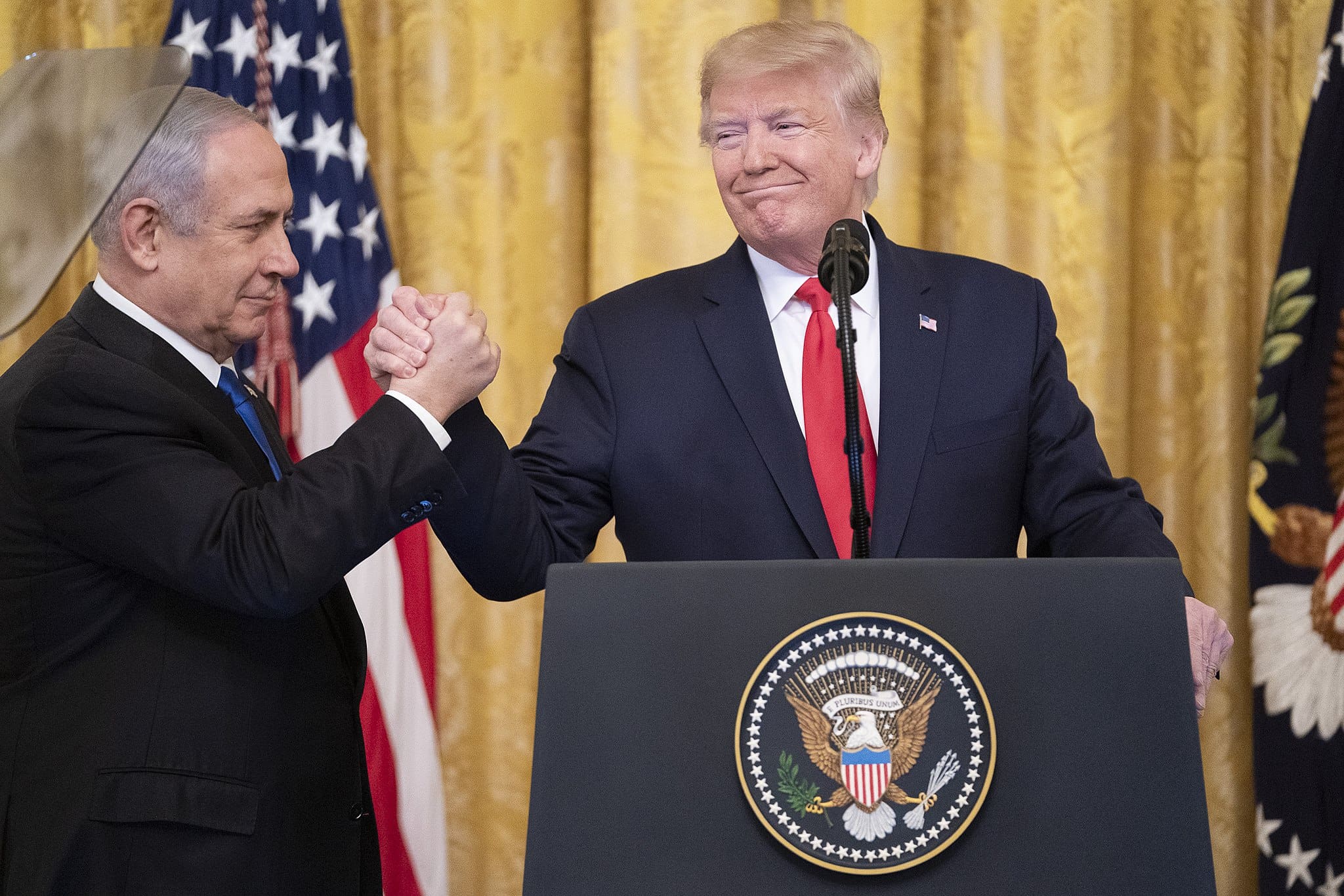
Though US President Donald Trump’s “Deal of the Century” largely does not change conditions on the ground for Palestinians, it helps legitimize the Israeli colonial project, which continues apace despite the COVID-19 pandemic. Al-Shabaka analysts from around the globe weigh in on the repercussions of the deal where they live and offer steps to counter them.
Understanding Netanyahu’s Political Survival
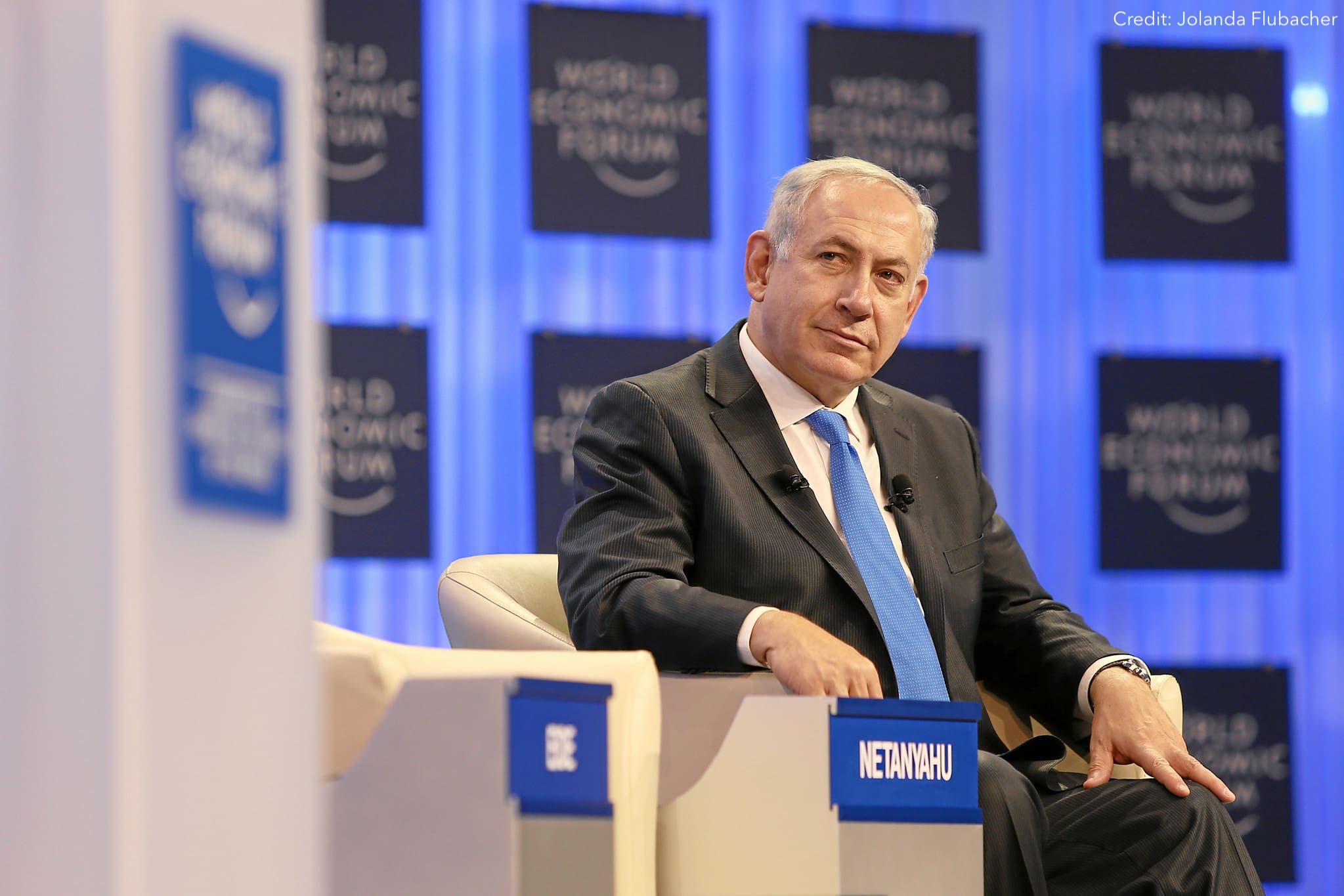
Despite recent challenges to his rule, Israeli Prime Minister Benjamin Netanyahu appears to have held on to power. What factors have made this possible? Al-Shabaka Policy Analyst Nijmeh Ali provides answers by mapping the Israeli right wing and its internal conflicts as well as Netanyahu’s political doctrine and practice.
Using Trump’s “Vision” to Break Free of Past Frameworks
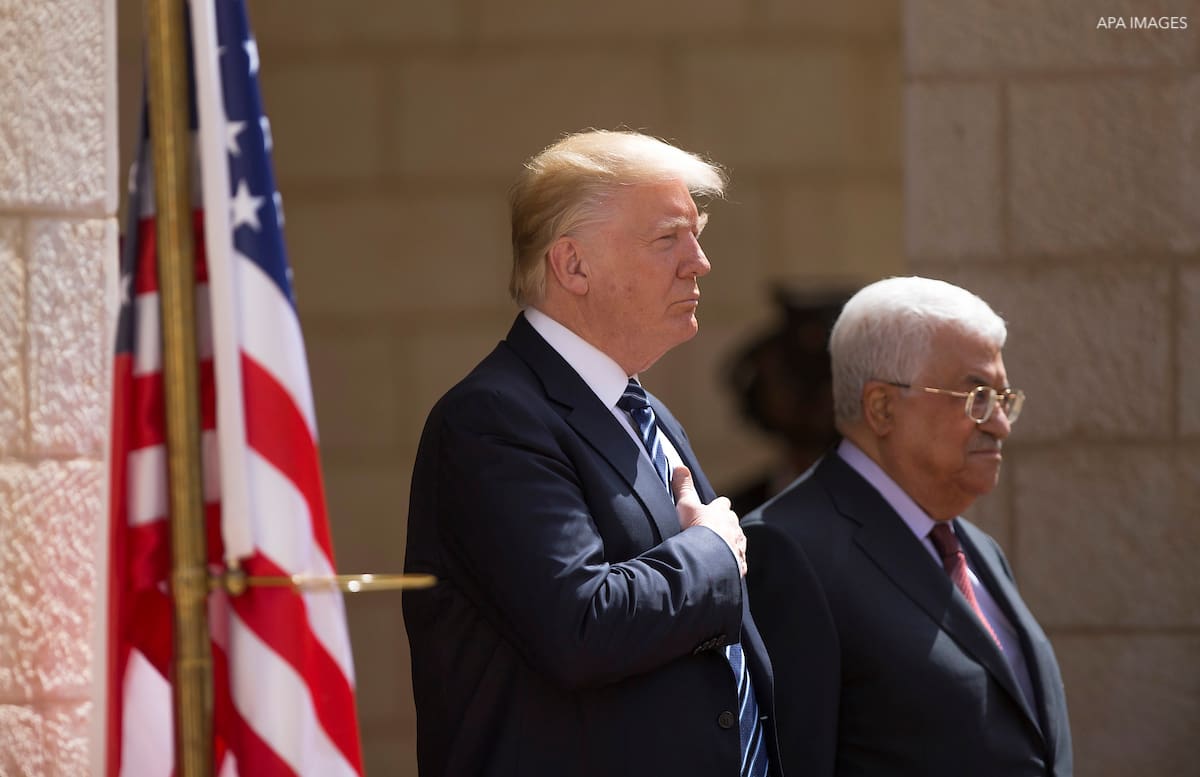
As Israel and the US fast-track President Donald Trump’s vision of “peace”, i.e. the illegal annexation of occupied Palestinian territory, European countries ponder ways to uphold the rule of law. In this Policy Memo Al-Shabaka’s 24588 provides ideas on how they can – with a push from the Palestine solidarity movement.








